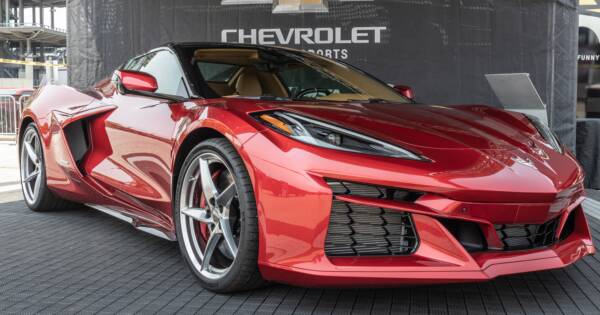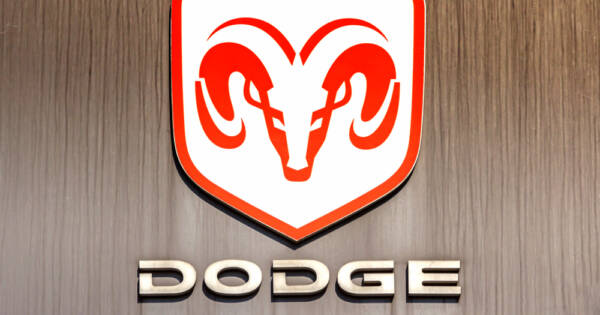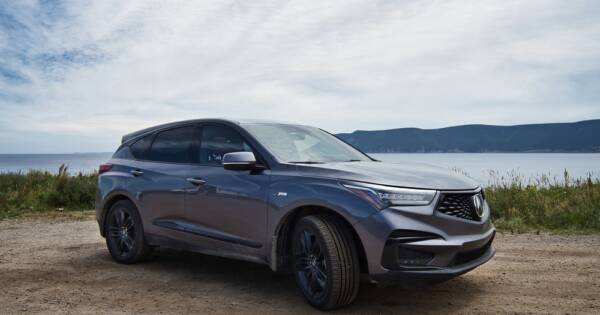Blockchain technology is creating new possibilities in auto insurance by improving how data is shared, verified, and protected. Its secure, tamper-resistant design allows insurers and drivers to access accurate information quickly, reducing delays and cutting down on disputes. With clearer records of claims, repairs, and driving history, blockchain can help lower fraud risks and streamline key processes. As adoption grows, it has the potential to make insurance more efficient, transparent, and fair for everyone involved.
What is Blockchain in Auto Insurance?
Blockchain technology is a decentralized and distributed digital ledger system that is gaining significant attention in the auto insurance industry. It has the potential to revolutionize the way insurance companies operate by enhancing transparency, reducing fraud, and streamlining claims processing. By leveraging blockchain’s inherent features, such as immutability, transparency, and security, auto insurers can create a more efficient and trustworthy ecosystem for policyholders.
In essence, blockchain serves as a shared and tamper-proof record of transactions, allowing all stakeholders in the auto insurance process to access and verify information in real-time. This technology eliminates the need for intermediaries, reduces paperwork, and automates various processes, resulting in cost savings and improved operational efficiency for insurance companies.
Furthermore, blockchain’s decentralized nature empowers policyholders with greater control over their data. They can securely store and share their information with authorized parties, ensuring privacy and preventing unauthorized access. This increased transparency fosters trust between policyholders and insurance companies, leading to a more positive customer experience.
Blockchain: Enhancing Transparency and Reducing Fraud
One of the significant advantages of blockchain in auto insurance is its ability to enhance transparency and reduce fraud. The decentralized and immutable nature of blockchain ensures that all transactions and data are recorded accurately and cannot be altered retroactively. This transparency discourages fraudulent activities and provides a reliable audit trail for all parties involved.
For instance, in the case of a car accident, blockchain can be used to securely store and share accident-related data, such as photos, police reports, and medical records. This shared and tamper-proof record ensures that all stakeholders have access to the same information, reducing the likelihood of disputes and fraudulent claims.
Additionally, blockchain technology can be utilized to automate the verification of vehicle ownership, driver’s licenses, and insurance policies. This automation reduces the risk of human error and fraudulent misrepresentation, further contributing to a more transparent and trustworthy auto insurance ecosystem.
Streamlined Claims Processing with Blockchain
Blockchain also holds immense potential to streamline claims processing in auto insurance. The traditional claims process can be cumbersome, involving multiple parties, extensive paperwork, and lengthy delays. Blockchain technology can simplify and expedite this process by automating various tasks and eliminating intermediaries.
By leveraging smart contracts, which are self-executing contracts with the terms of the agreement directly written into lines of code, blockchain can automate the claims assessment and payment process. When certain predefined conditions are met, such as the verification of an accident and the extent of damages, smart contracts can automatically trigger payouts, reducing the need for manual intervention and expediting the claims settlement process.
Moreover, blockchain’s decentralized nature allows for real-time data sharing among all relevant parties, including policyholders, insurance companies, repair shops, and medical providers. This seamless flow of information enables faster and more accurate claims processing, enhancing the overall customer experience.
The Role of Smart Contracts in Auto Insurance
Smart contracts are a pivotal component of blockchain technology, offering transformative potential for the auto insurance industry. These self-executing contracts, with terms directly embedded in code, automate processes that traditionally require significant manual oversight. In auto insurance, smart contracts can be programmed to execute specific actions, such as verifying policyholder information, initiating claims processes, or even releasing payments once predefined conditions are met.
For example, in the event of an accident, a smart contract could automatically validate the incident using data from connected vehicles, insurance databases, and third-party reports. Once verified, the smart contract could immediately trigger the claims process, significantly reducing the time it takes to process and settle claims. This not only improves efficiency but also enhances customer satisfaction by minimizing delays and reducing the potential for human error.
Blockchain’s Impact on Data Security and Privacy
In an industry where sensitive personal data is frequently exchanged, the importance of data security and privacy cannot be overstated. Blockchain technology offers a robust solution to these concerns by providing a secure and decentralized platform for storing and sharing information. Unlike traditional databases, which are vulnerable to hacking and unauthorized access, blockchain’s cryptographic algorithms ensure that data remains secure and tamper-proof.
For auto insurance companies, this means that policyholder information, including personal identification, driving records, and claims history, can be stored on a blockchain, ensuring that only authorized parties can access this data. Furthermore, policyholders have greater control over their personal information, as they can choose who has access to their data and for what purpose. This increased control not only enhances privacy but may also lower rates, fostering long-term relationships.
Future Outlook: Integrating Blockchain with Emerging Technologies
As blockchain continues to gain traction in the auto insurance industry, its integration with other emerging technologies promises to unlock new possibilities. For instance, the combination of blockchain with the Internet of Things (IoT) can further revolutionize how insurers assess risk and process claims. Connected vehicles equipped with IoT devices can collect real-time data on driving behavior, vehicle health, and environmental conditions, all of which can be securely recorded on a blockchain.
This data can then be used to create dynamic insurance policies that adjust premiums based on actual driving habits, offering personalized and fair pricing for policyholders. Additionally, blockchain’s integration with artificial intelligence (AI) and machine learning can enhance predictive analytics, allowing insurers to identify potential risks more accurately and tailor their offerings accordingly. As these technologies converge, the auto insurance industry is set to become more proactive, personalized, and efficient, delivering unprecedented value to both insurers and customers.
Learn More About Blockchain in Auto Insurance
Blockchain technology is rapidly transforming the auto insurance industry, offering numerous benefits such as enhanced transparency, reduced fraud, and streamlined claims processing. As the technology continues to evolve and mature, its full potential in the auto insurance sector is yet to be fully realized. Policyholders and insurance companies alike can look forward to a more efficient, transparent, and trustworthy auto insurance ecosystem driven by blockchain.
To delve deeper into the topic and stay updated on the latest developments, individuals can explore reputable sources such as industry reports, academic journals, and official publications dedicated to blockchain and its applications in the insurance sector.







